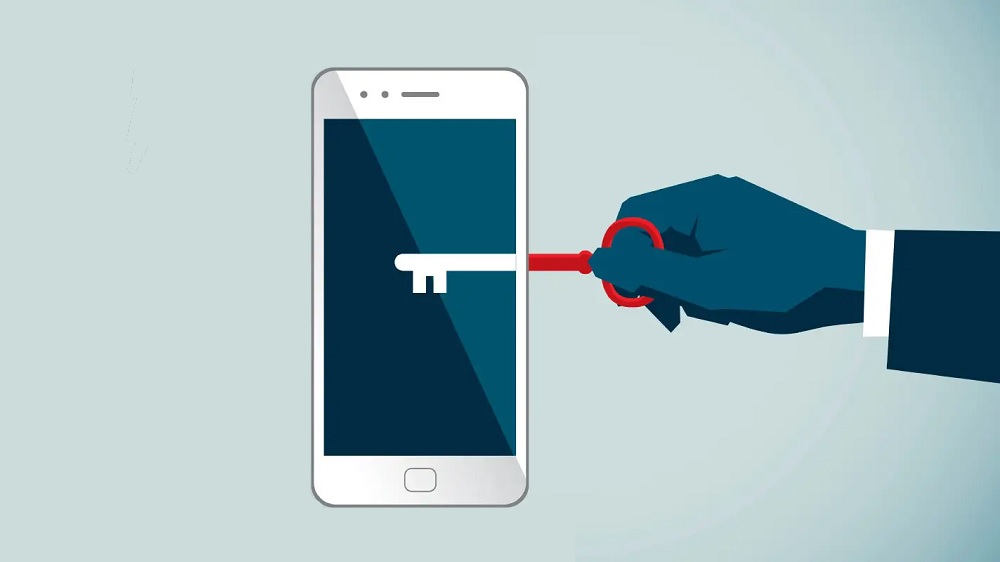
Welcome to The Hub
Your home for the latest news & views from the Communicate Better team.
Gain inspiration, tips & tricks from the experts, and updates on upcoming events & releases.
Being Interrupted Is Your Fault: 5 Things You Can Do to Change That
Oct 1, 2020
Yes, that's right. If people interrupt you during conversations, it's more than likely YOUR fault.
Here, Communicate Better digs into the reasons why and what you can do about it!

We've all been in a conversation - whether it's an informal chat or a business meeting - during which someone decides to interrupt you.
You probably assume the interrupter is to blame. It’s their bad behaviour, right? Wrong!
In reality, the blame more often than not lies with you, the speaker. Your listeners may be interrupting you because you take too long to get to the point or because you never pause to let them get a word in.
Distracting behaviours (such as poor body language) that overpower your message may also be to blame.
When your body language is inconsistent with your message, your listener may be confused by what you are saying.

When interrupted, your natural response might be to:
- Jump in and interrupt the interrupter
- Continue talking over the interrupter
- Allow the interrupter to take control of the conversation
- Ignore the situation all together
If you find yourself interrupted often, it may be time to self-respect. What exactly are YOU doing wrong?
When you’re frequently interrupted and unable to pull the conversation back on track, you run the risk of jeopardising your reputation and professional relationships.

Others may perceive you as lacking confidence, credibility, trust, and leadership skills. No one wants to follow someone who breaks under challenging situations like interruptions.
Here are 5 simple steps to follow during a conversation:
1. Get to the Point Quickly
The more you say, the more you confuse, which frustrates your listeners. As their patience runs out, they may interrupt you in order to get the information they need. In conversations, less is often more.
2. Don’t Let Your Passion Run Away
When you are passionate about a topic, you may feel compelled to tell your listener everything you know about it. You may assume your listeners are just as passionate as you are, but this is rarely true.
Keep your message short and concise. When possible, prepare for the conversation ahead of time by considering these questions:
- How much knowledge of the topic does your audience have?
- What is the audience’s experience with your topic?
- What is the audience’s opinion of your topic?
- What does the audience need to know to take the action you are recommending?
Using the answers to these questions to guide your message will ensure you deliver value to your listener.
3. Remember to Pause
Never underestimate the power of a good pause.

Getting people to take you seriously requires you to say less and listen more.
When you communicate a message that is all about you and what you want to do, you end up losing your listeners' attention.
Pausing allows you to listen to what is important to your listener. If they feel like you care about what they have to say, they are more likely to return the favour by listening when you speak.
4. Encourage Interaction
There's a difference between a speech or lecture and a conversation.
Make a conversation flow both ways by allowing the listener to engage, respond and add value to the discussion.
Better engagement builds trust and leads to respect (and less interruptions when you speak!)
5. Embrace Feedback
Being interrupted is not always a bad thing.
An interruption during a conversation can often help you restructure the dialogue, and highlight key points you may have missed.
It also helps inform you what you listeners' key concerns are and what they're taking away from the discussion... This can help you tweak your ideas whilst the conversation is flowing.
Ultimately, it's simple. Speak when it's your turn to speak, and listen when it's time to listen.
Latest News
Is someone spying on my iPhone? How to stop them
Mar 21, 2022

How to tell if someone is spying on your iPhone - and how to stop them.
Read more5 reasons why your fleet needs a mileage logbook
Mar 16, 2022

Here is why your business needs a Webfleet Mileage Logbook.
Read more4 signs you need to upgrade to a Cloud Phone Solution
Mar 9, 2022

Is your business growing? Here's how a Cloud-based Phone Solution can help you stay ahead of the competition.
Read moreBetter solutions mean a Better business
Keen to explore what we can do for your business? Contact our team today.





